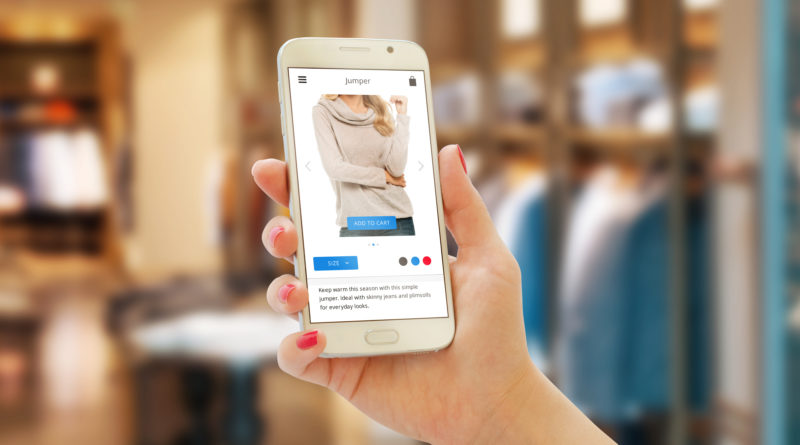The Supreme Court May Have Just Changed The Future Of App Purchasing
13,600 total views, 1 views today
In 2011, a class-action suit filed by iPhone owners alleged that Apple, by charging a 30% commission on all app sales made in its App Store, is putting undue pressure on sellers. According to the plaintiffs in the case Apple v. Pepper, this pressure manifested as higher app prices, which consumers then have to pay. Since devices that run on Apple’s iOS can only install apps from the App Store, Apple consumers have no choice but to pay these higher prices. The plaintiffs in the case say Apple’s actions thus violate antitrust laws.
Late last year, Apple v. Pepper made its way to the Supreme Court. Then, it was still unclear whether the suit against Apple would be allowed to proceed. Yesterday, though, the court ruled that the case can move forward.
The Supreme Court came to yesterday’s decision in a 5-4 ruling in which Justice Brett Kavanaugh penned the majority opinion. In his opinion, in which all four of the court’s liberal justices joined, Kavanaugh wrote that consumers have the right to take legal means against any retailer engaging in anticompetitive, monopolistic practices. Notably, Kavanaugh’s opinion did not go so far as to accuse Apple of violating the antitrust laws outlined in the lawsuit — the Supreme Court’s ruling only affirms the right of consumers to sue in the face of such alleged violations. A lower court will ultimately decide whether Apple has indeed violated antitrust laws.
Nevertheless, yesterday’s ruling has the potential to reshape the way Apple and other tech giants such as Google and Facebook run their app marketplaces. According to Gene Kimmelman, president of the consumer advocacy group Public Knowledge and a veteran of the Justice Department’s antitrust sector, tech companies are all but certain to reshape their selling practices in the wake of yesterday’s decision. The mere threat of antitrust convictions — and the hundreds of millions of dollars that could be lost to them — should be enough, Kimmelman says, to motivate tech companies to work to assuage consumer concerns.
Despite its potentially game-changing nature, yesterday’s decision was not wholly unexpected. As early as last November, Supreme Court justices appeared dismissive of Apple’s arguments. Apple claimed that only app developers could file a lawsuit similar to Apple v. Pepper. It based its argument on the 1977 case Illinois Brick Co. v. Illinois, in which the Supreme Court ruled that only direct purchases of a good can sue the producer. According to Apple, consumers directly purchase apps from their developers and only indirectly from Apple, invalidating Apple v. Pepper.
Many justices, in this November hearing, dissented swiftly and sternly. Justice Elena Kagan, in response to Apple lawyer Daniel Wall, expressed her belief that all App Store purchases are “one-step transactions” with the tech giant, not with the individual app developers. Even conservative justices Samuel Alito and Neil Gorsuch, who yesterday sided with the minority, wondered aloud in November whether the precedents set by Illinois Brick Co. v. Illinois were due for revision. Although the prior skepticism may make yesterday’s decision seem fated, the ruling nevertheless may permanently reshape the future of app purchasing.

